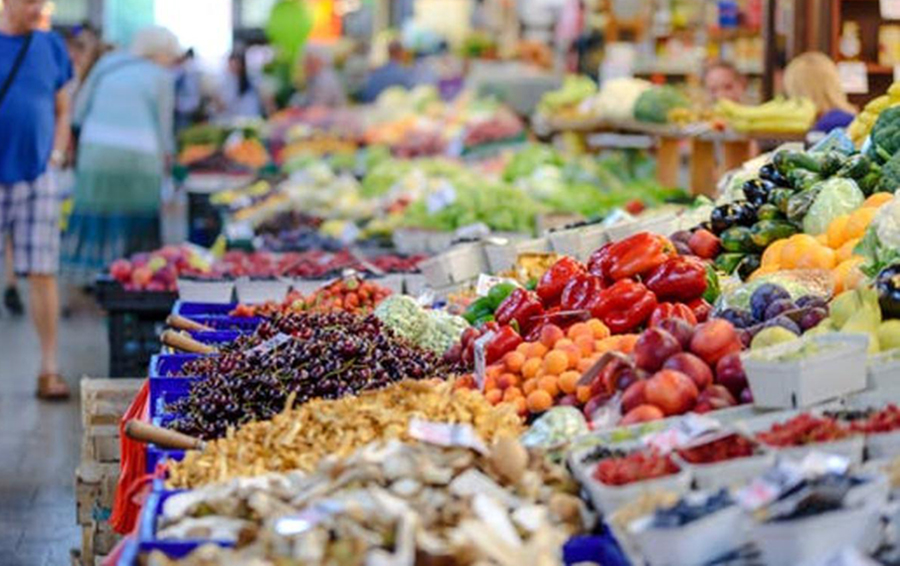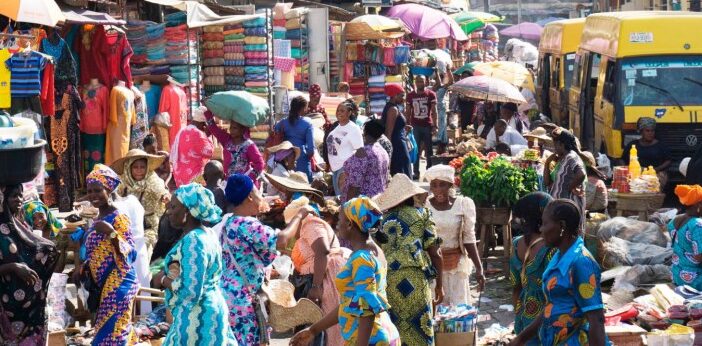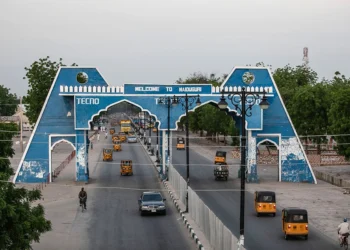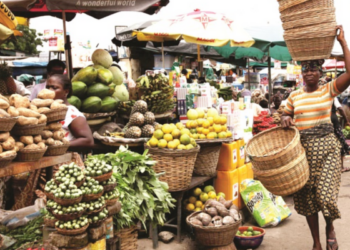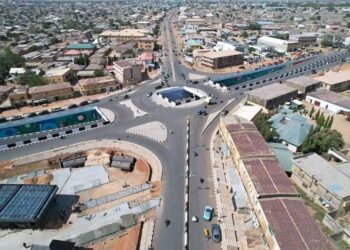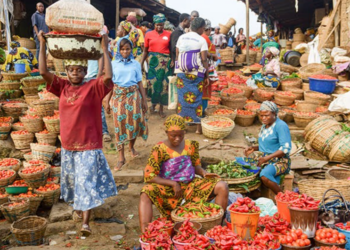Nigeria’s inflation rate rose to 17.33% in February 2021, from 16.47% recorded in the previous month. This represents the highest inflation rate recorded in four years.
This is according to the latest inflation report published by the National Bureau of Statistics (NBS).
The last time Nigeria recorded an inflation rate this high was in February 2017, when it declined to 17.78% from 18.72%.
On a month-on-month basis, the Headline index increased by 1.54% in February 2021, this is 0.05% point higher than the rate recorded in January 2021 (1.49%).
Food inflation
The closely watched index rose to 21.79% in February 2021 compared to 20.57% recorded in January 2021.
- On a month-on-month basis, the food sub-index increased by 1.89% in February 2021, up by 0.06% points from 1.83 percent recorded in January 2021.
- This rise in the food index was caused by increases in prices of Bread and cereals, Potatoes, yam and other tubers, Meat, Food products n.e.c, Fruits, Vegetables, Fish and Oils, and fats.
READ: Nigeria’s unemployment rate jumps to 33.3% as at Q4 2020
Core inflation
The ”All items less farm produce” or Core inflation, which excludes the prices of volatile agricultural produce stood at 12.38% in February 2021, up by 0.53% when compared with 11.85% recorded in January 2021.
- On a month-on-month basis, the core sub-index increased by 1.21% in February 2021. This was down by 0.05% when compared with 1.26% recorded in January 2021.
- The highest increases were recorded in prices of Passenger transport by air, Medical services, Miscellaneous services relating to the dwelling, Hospital services, Passenger transport by road.
- It also includes Pharmaceutical products, Paramedical services, Repair of furniture, Vehicle spare parts, maintenance and repair of personal transport equipment, Motor cars, Dental services and Hairdressing salons, and personal grooming establishment.
The urban inflation rate, however, increased by 17.92% (year-on-year) in February 2021 from 17.03% recorded in January 2021, while the rural inflation rate increased by 16.77% in February 2021 from 15.92% in January 2021.
Worst hit states
In February 2021, all items inflation on year on year basis was highest in Kogi (24.73%), Bauchi (22.92%), and Ebonyi (20.45%), while Enugu (14.73%), Kwara (14.25%), and Cross River (12.97%) recorded the slowest rise in headline Year on Year inflation.
- Meanwhile, in terms of food inflation, Kogi State also led the list at 30.47%, followed by Ebonyi State (25.73%), Sokoto (25.68%), Ekiti (23.82%), and Ogun (23.32%).
- On the other hand, Akwa Ibom recorded the lowest food inflation in the review period at 18.7%, closely followed by Bauchi State at 18.74%, Gomber State (19.32%), Abuja (19.63%), and Abia (19.65%).
What this means
The persistent rise in the consumer price index indicates that Nigerians are spending more thereby reducing the purchasing power of an average consumer.
The inflationary pressure was compounded in 2020 as a result of the covid-19 pandemic, which crippled the supply chain and halted business activities in most aspects of the economy.
Increased inflation rate and a further increase in the country’s unemployment rate at 33.3% is a major cause for worry as to the direction the Nigerian economy is taking.

